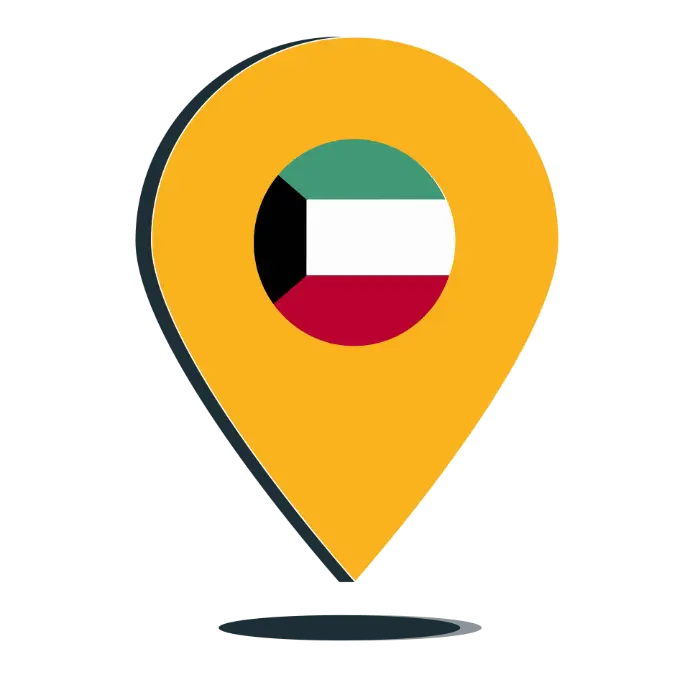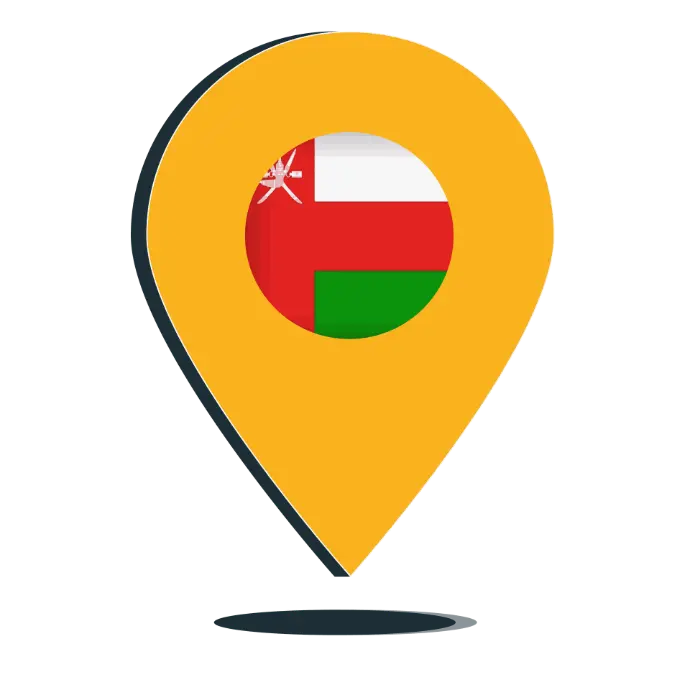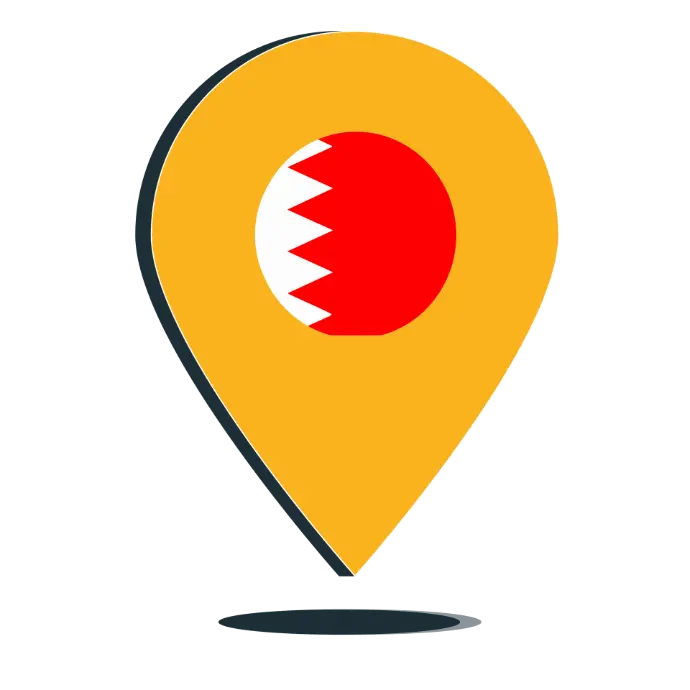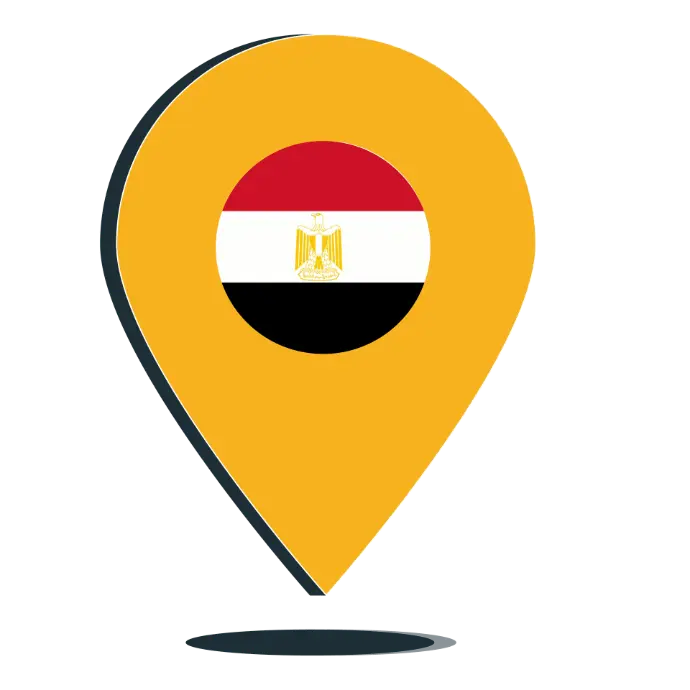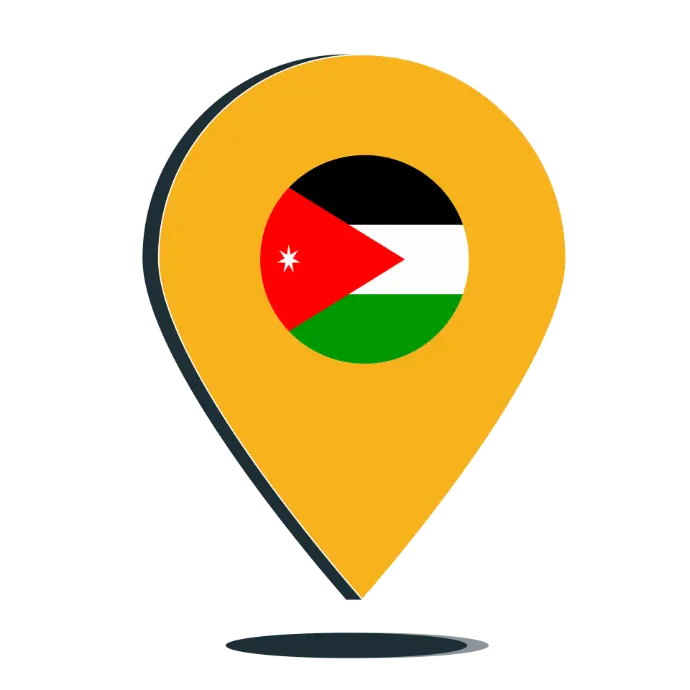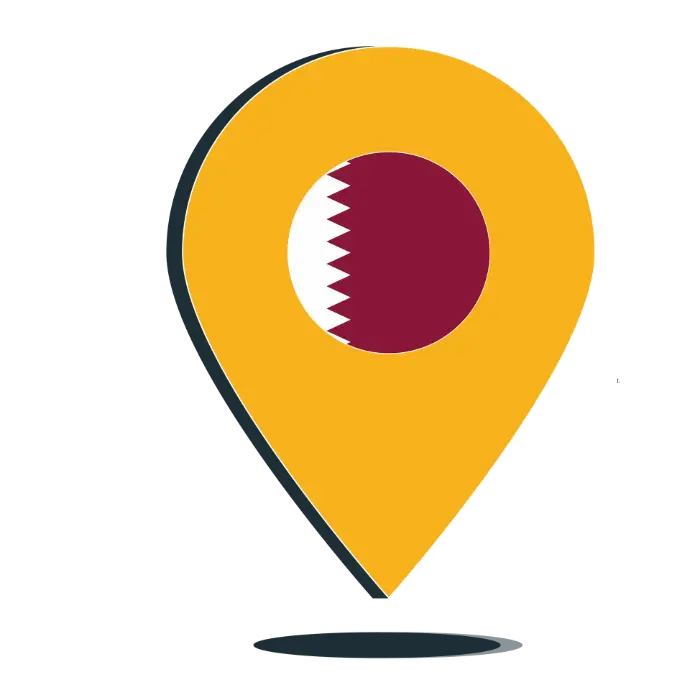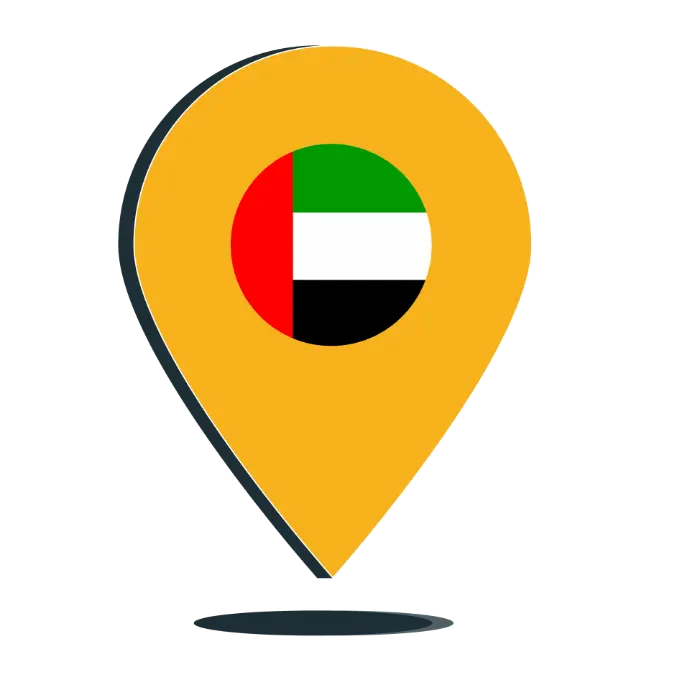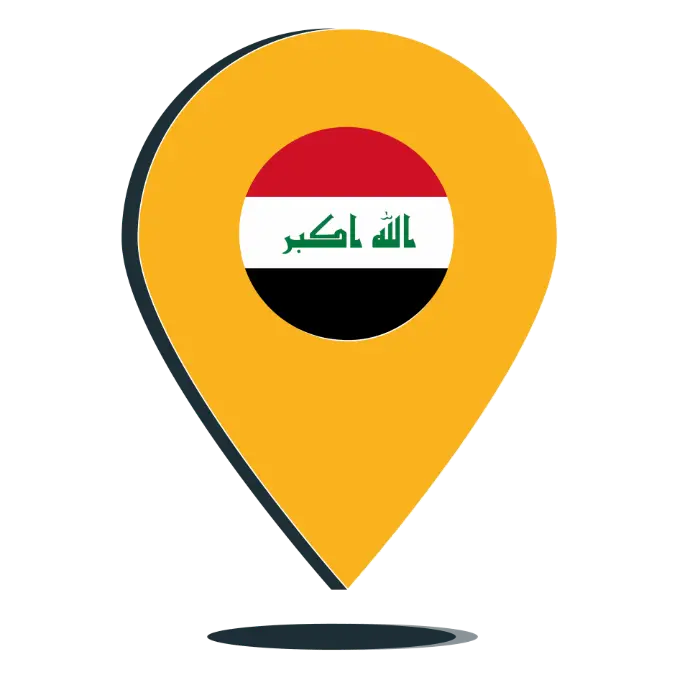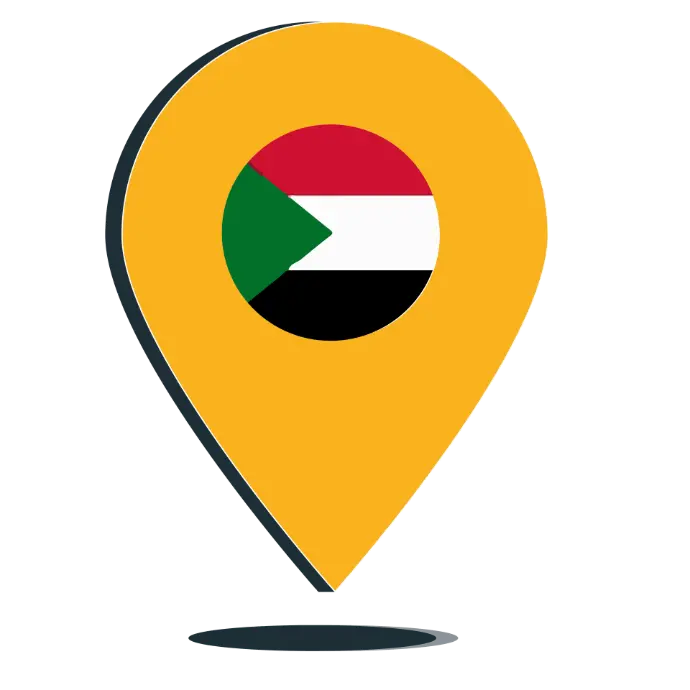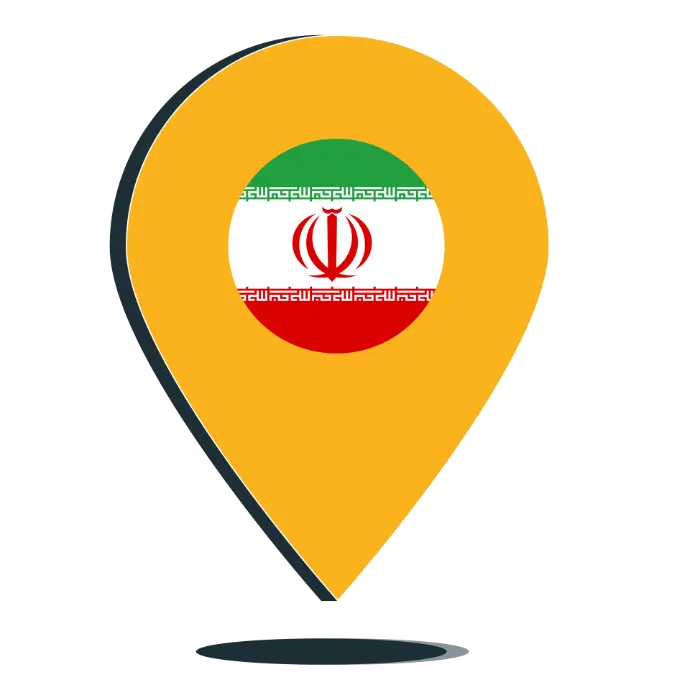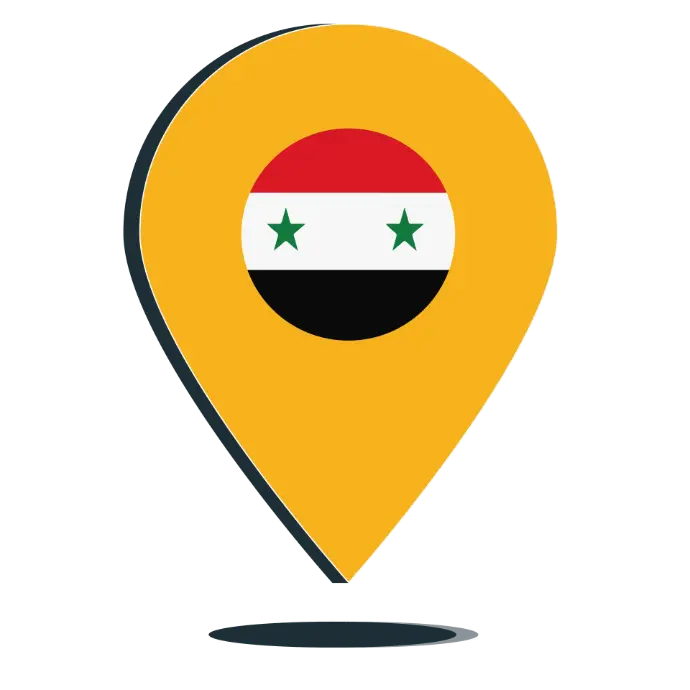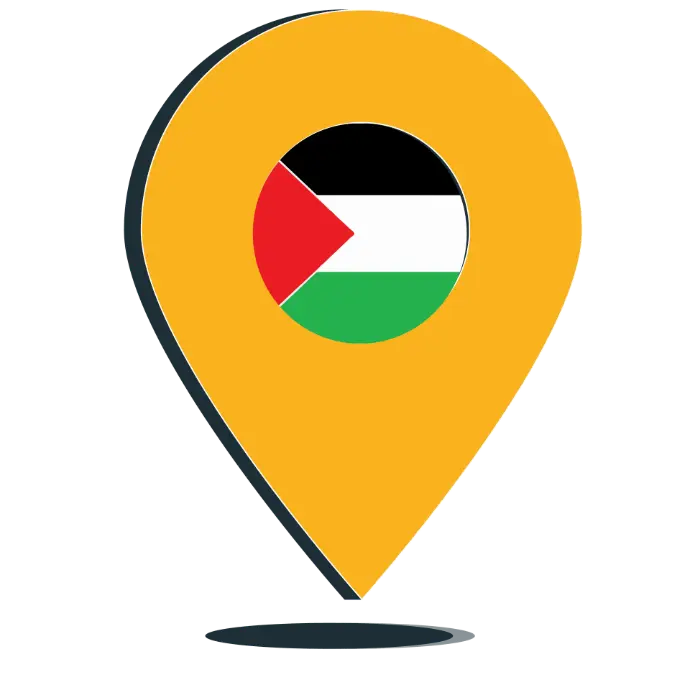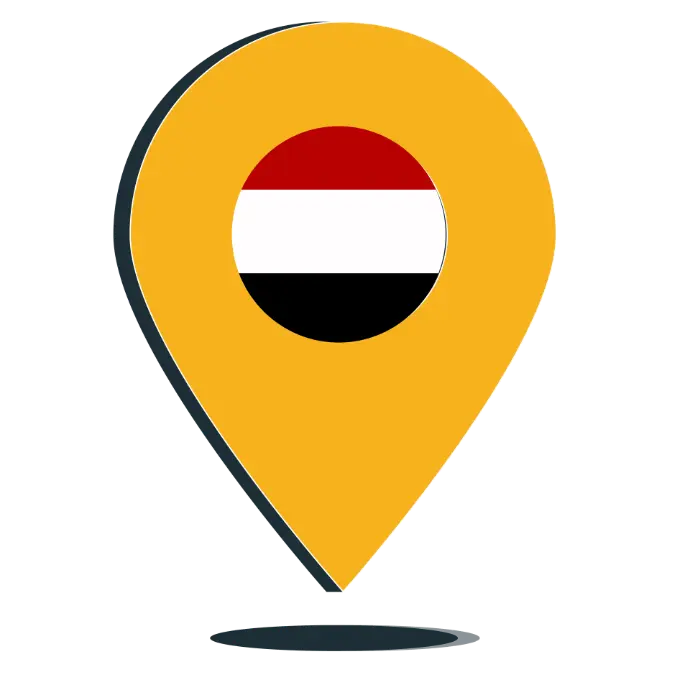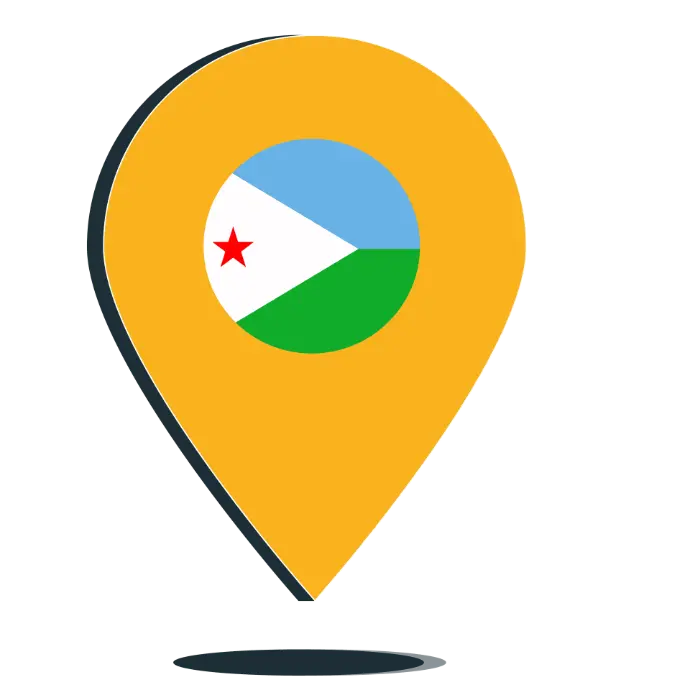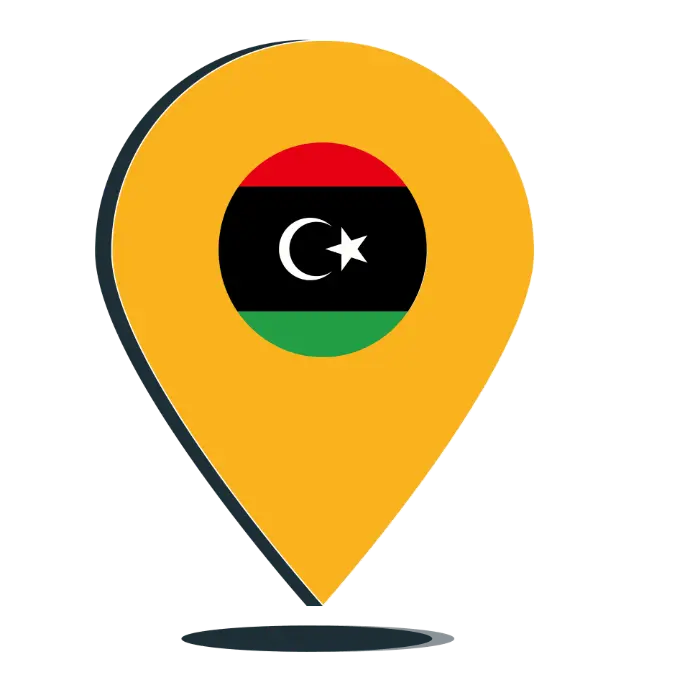Jordan
Jordan Food and Drug Administration (JFDA)
The JFDA is a well-established regulatory authority ensuring pharmaceuticals,
medical devices, cosmetics, and food products meet stringent safety and quality
standards. Tasked with overseeing the entire product lifecycle—import,
manufacturing, distribution, and post-marketing—it mandates eCTD or CTD dossier
submissions and thoroughly reviews clinical and quality data for
pharmaceuticals. The JFDA also runs well-organized pharmacovigilance programs,
collecting and analyzing adverse event reports to guide decision-making.
Jordan’s high regulatory standards are partly reflected in its strong
pharmaceutical export sector, underscoring the JFDA’s role in fostering
reputable local manufacturing under GMP guidelines.
At Kernel Healthcare Jordan, we specialize in guiding organizations through Jordan Food and Drug Administration (JFDA) regulations and guidelines. Our services include comprehensive product registration support, full-in-country representation, and uncluttered regulatory submissions-ensuring timely approvals and an efficient market entry process.
United Arab Emirates
UAE
Ministry of Health & Prevention (MOHAP), Abu Dhabi Department of Health (DoH), Dubai Health Authority (DHA)
The UAE has a decentralized regulatory framework, with MOHAP serving as the overarching federal body, and specific emirates—Abu Dhabi (DoH) and Dubai (DHA)—maintaining jurisdiction over local healthcare policy. Collectively, they regulate pharmaceuticals (including biologics and biosimilars), medical devices, and cosmetics. The UAE embraces advanced electronic submission portals, eCTD requirements, and internationally aligned GMP inspections. Each authority mandates Arabic or dual-language labeling, enforces post-marketing vigilance, and encourages clinical research. The UAE is also regarded as a regional hub for importing, distributing, and re-exporting medical products due to its well-developed logistics infrastructure.
Kernel Healthcare with a specialized Regulatory Affairs consulting support for the UAE market, assists manufacturers to decode the local Regulatory requirements and align with them in shorter turnaround times.
Middle East & North Africa
Kernel Healthcare offers end-to-end Regulatory Affairs services to Medtech, Pharmaceuticals, Biotech, cosmetics companies to help them access new market in record time while ensuring compliance with local regulations.
Kuwait
Ministry of Health (Drug and Food Control Administration)
Kuwait’s Ministry of Health operates through the Drug and Food Control
Administration to regulate pharmaceuticals, biologics, medical devices, and
cosmetics. Adherence to GCC directives is a key pillar, with additional
country-specific requirements, such as Arabic labeling and local testing in
approved laboratories. Quality control inspections, price regulation, and
post-approval variations are carefully supervised to maintain uniform
standards. Kuwait continues to adopt electronic submission portals and align
with international guidelines (e.g., ICH, WHO), thereby enhancing transparency
and efficiency in the approval process.
Kernel Healthcare delivers tuned regulatory services aligned with the Ministry of Health (Drug and Food Control Administration) requirements.
Saudi Arabia
Saudi Food & Drug Authority (SFDA)
The SFDA is one of the most prominent and comprehensive regulatory authorities in the MENA region, overseeing pharmaceuticals (including biologics and biosimilars), medical devices, cosmetics, food, and feed. Its multifaceted responsibilities encompass registration via eCTD submissions, GMP inspections of local and foreign facilities, pharmacovigilance oversight, and clinical trial regulation. Adherence to Arabic labeling is mandatory, and the SFDA actively aligns with international standards, participating in global regulatory forums to foster harmonization. Its sophisticated electronic platforms facilitate efficient application review, product tracking, and post-marketing surveillance, reinforcing Saudi Arabia’s position as a regional regulatory leader.
Kernel Healthcare offers an extensive suite of services for pharmaceuticals, biologics, medical devices, and cosmetics under the Saudi Food & Drug Authority (SFDA).
Qatar
Ministry of Public Health (Pharmacy & Drug Control Department)
Qatar’s Ministry of Public Health, specifically the Pharmacy & Drug Control Department, regulates pharmaceuticals, medical devices, cosmetics, and controlled substances. Building upon its vision of a high-quality healthcare system, Qatar has introduced electronic systems for product registrations and variant approvals. The authority requires Arabic or bilingual (Arabic/English) labeling, conducts inspections to validate compliance with GMP, and has established monitoring programs for adverse events and market recalls. Regulatory updates often align with GCC-wide policies, reflecting the country’s commitment to harmonization and global best practices.
Kernel Healthcare assists in meeting the Ministry of Public Health (Pharmacy & Drug Control Department) standards.
Lebanon
Ministry of Public Health (MoPH)
The Lebanese MoPH, through its Pharmacy Department, has jurisdiction over the import, manufacture, and distribution of pharmaceuticals, medical devices, and cosmetics. Although Lebanon has faced economic and infrastructural challenges, the MoPH implements a registration system that requires thorough documentation of product efficacy, safety, and quality, often in Arabic, French, or English. The Ministry also enforces price controls to maintain affordable access to essential medicines and is increasingly emphasizing pharmacovigilance to respond to safety concerns and adverse event reports, working closely with local stakeholders such as hospitals, pharmacies, and research institutes.
Kernel Healthcare assists pharmaceutical and biotech firms in meeting the Ministry of Public Health (MoPH) standards.
Somalia
Ministry of Health & Human Services
Somalia’s Ministry of Health & Human Services focuses on essential medicine regulation and basic licensing, with limited frameworks in place for medical devices and cosmetics. Due to protracted conflict and a fragmented healthcare landscape, much of the Ministry’s effort is directed toward ensuring access to critical treatments and controlling infectious disease outbreaks. However, in cooperation with international partners and donors, the Ministry is incrementally strengthening its oversight of imported medical products. Pharmacovigilance and regulatory enforcement remain evolving areas, with capacity-building initiatives ongoing.
Kernel Healthcare caters to companies navigating Somalia’s Ministry of Health & Human Services’ nascent regulatory system.
Libya
Ministry of Health / Libyan Drug and Food Control Center (LDFCC)
The Libyan Ministry of Health and the Libyan Drug and Food Control Center (LDFCC) collaborate to regulate pharmaceuticals, medical devices, and certain cosmetic products. The LDFCC is primarily responsible for evaluating imported medicines and medical supplies, issuing import clearances, and overseeing quality control. Despite recent political and economic transitions, efforts continue to enhance the regulatory framework, standardizing procedures for registration and post-marketing surveillance. Strengthening laboratory capacity and aligning with WHO recommendations remain central to Libya’s regulatory reform agenda.
Kernel Healthcare offers Libya-specific regulatory assistance under the Ministry of Health and the Libyan Drug and Food Control Center (LDFCC).
Bahrain
National Health Regulatory Authority (NHRA)
The NHRA in Bahrain is a centralized authority with comprehensive oversight of pharmaceuticals, biologics, medical devices, and cosmetics. Established to enhance healthcare quality and patient safety, it is responsible for licensing healthcare professionals, accrediting medical facilities, and regulating therapeutic products. The NHRA sets local requirements for product registration and submission formats—often compatible with Gulf Cooperation Council (GCC) guidelines—and mandates Arabic labeling or bilingual labeling (Arabic/English) for many regulated products. Furthermore, the NHRA conducts routine inspections of manufacturers and local facilities, ensuring compliance with international standards, such as ICH and WHO guidelines.
Kernel Healthcare offers a full spectrum of regulatory solutions for pharmaceuticals, medical devices, and cosmetic registrations under the National Health Regulatory Authority (NHRA).
Sudan
National Medicines and Poisons Board (NMPB)
The NMPB in Sudan is charged with the registration and regulation of pharmaceuticals, medical devices, and certain cosmetic categories. It evaluates product dossiers for safety and efficacy, issues marketing authorizations, and oversees dispensing and prescription practices. The Board works under challenging economic conditions, striving to maintain consistent standards through GMP inspections and limited pharmacovigilance programs. Collaboration with global health agencies plays a pivotal role in supporting the NMPB’s capacity-building, ensuring that local regulatory processes align with international norms where feasible.
Kernel Healthcare supports product submissions to the National Medicines and Poisons Board (NMPB).
Oman
Ministry of Health – Directorate General of Pharmaceutical Affairs & Drug Control
The Directorate General of Pharmaceutical Affairs & Drug Control in Oman supervises pharmaceuticals, biologics, medical devices, and cosmetics, aiming to ensure that all products available in the market conform to recognized standards of safety and efficacy. The regulatory body works in accordance with GCC guidelines, while also implementing local rules that require bilingual (Arabic/English) labeling and documentation. A well-defined pharmacovigilance program monitors adverse events post-approval, and the Directorate emphasizes GMP compliance through regular audits of manufacturing facilities, both domestically and internationally.
Kernel Healthcare provides comprehensive services to meet the Ministry of Health – Directorate General of Pharmaceutical Affairs & Drug Control regulations.
Mauritania
Mauritania’s Ministry of Health
Mauritania’s Ministry of Health manages pharmaceutical oversight, focusing predominantly on the importation and distribution of essential medicines. Regulations for medical devices and cosmetics are in early stages, with a developing system for product registration and licensing. To bridge capacity gaps, the Ministry often relies on international donors and non-governmental organizations for supply chain management and quality control support. Moving forward, Mauritania aims to modernize its regulatory framework and introduce more structured pharmacovigilance programs, particularly for high-risk products and medical devices.
Kernel Healthcare
supports product approval processes governed by Mauritania’s Ministry of Health.
Djibouti
Djibouti’s Ministry of Health supervises pharmaceuticals, particularly focusing
on essential medicines and their importation. Due to limited domestic
manufacturing, much of the regulation emphasizes registration, quality control,
and distribution of imported drugs. The country’s regulatory framework for
medical devices and cosmetics is relatively nascent, with incremental updates
aimed at strengthening oversight. The Ministry regularly collaborates with
international organizations, such as the WHO, to improve its inspection
capacity and to develop robust pharmacovigilance and surveillance programs.
Kernel Healthcare specializes in guiding companies through Djibouti’s evolving regulatory framework under the Ministry of Health.
Egypt
The Egyptian Drug Authority (EDA) is a semi-autonomous
agency reporting to the Prime Minister, overseeing all aspects of
pharmaceuticals, medical devices, and cosmetics. Tasked with protecting public
health, the EDA implements a stringent registration process, requiring CTD or
eCTD dossiers for marketing authorization of pharmaceuticals, and conducts
thorough evaluations of product quality, safety, and efficacy. It also enforces
strict labeling requirements in Arabic and is increasingly using electronic systems
for submission and tracking. The EDA’s pharmacovigilance center focuses on
post-marketing surveillance, collecting real-world data on adverse events to
inform regulatory decisions. Additionally, the EDA aligns many of its standards
with global benchmarks from organizations like ICH and WHO, reflecting Egypt’s
commitment to modernizing its regulatory system.
Kernel Healthcare helps Medtech, Pharmaceuticals, Biotech, and cosmetics companies navigate Egypt’s dynamic regulatory environment under the Egyptian Drug Authority (EDA).
Iraq
Ministry of Health / State Company for Marketing Drugs and Medical Appliances (KIMADIA)
The Iraqi Ministry of Health issues regulations for pharmaceuticals, medical devices, and vaccines, while Kimadia, a state-owned enterprise, manages procurement and distribution on behalf of public healthcare institutions. The regulatory framework in Iraq focuses on ensuring safe, effective, and high-quality products by mandating product registration and market authorization. Kimadia’s centralized procurement model includes reviewing documentation for compliance and verifying certifications (e.g., GMP) for imported products. The system is in the process of modernization, aiming to streamline import permissions and establish stronger pharmacovigilance practices in alignment with regional guidelines.
Kernel Healthcare addresses Iraq’s regulatory nuances under the Ministry of Health and KIMADIA.
Syria
Ministry of Health – Directorate of Pharmacy
In Syria, the Directorate of Pharmacy under the Ministry of Health regulates pharmaceuticals and, to a lesser extent, medical devices and cosmetics. Although the country’s ongoing conflict has affected infrastructure, the Ministry persists with essential product registration, inspection, and dispensing regulations. Local manufacturers are required to maintain GMP compliance, while importers must furnish documentation proving product safety and efficacy. Post-marketing surveillance is in a developmental phase, with limited resources dedicated to collecting adverse event reports or implementing robust pharmacovigilance practices.
Kernel Healthcare assists applicants aiming to register products under the Syrian Ministry of Health – Directorate of Pharmacy.
Morocco
Ministry of Health – Directorate of Medicines and Pharmacy (DMP)
In Morocco, the DMP within the Ministry of Health oversees pharmaceuticals,
medical devices, cosmetics, and certain herbal or traditional remedies. The
regulatory structure is modeled on international frameworks, utilizing French
and/or Arabic in official documentation. Strict requirements govern GMP, quality
testing, and pricing. The DMP conducts thorough reviews of product dossiers,
enforces labeling rules that align with national language mandates, and
operates an established pharmacovigilance system through a central reporting
hub. Morocco has also made strides in implementing e-submissions and
integrating digital platforms for tracking registrations and variations.
Kernel Healthcare assists pharmaceutical and biotech firms in aligning with Morocco’s Ministry of Health – Directorate of Medicines and Pharmacy (DMP) requirements.
Algeria
Ministry of Pharmaceutical Industry (MPI) / Algerian National Agency for Pharmaceutical Products (ANPP)
In Algeria, the regulatory landscape is overseen by two main bodies: the Ministry of Pharmaceutical Industry (MPI), which sets strategic directions for the pharmaceutical sector, and the Algerian National Agency for Pharmaceutical Products (ANPP), which handles daily regulatory tasks. The MPI orchestrates policy decisions related to drug pricing, industrial promotion, and national medicine policy, while the ANPP is responsible for evaluating and approving pharmaceuticals and medical devices, managing the registration process, and conducting post-marketing surveillance. Additionally, it ensures that local manufacturers comply with Good Manufacturing Practices (GMP) and that imported products meet equivalent safety and quality standards. Cosmetics regulation also falls under ANPP’s purview, with a focus on ingredient safety and proper labeling.
Kernel Healthcare provides end-to-end regulatory consultation for organizations aiming to register pharmaceuticals, medical devices, and cosmetic products with the Algerian National Agency for Pharmaceutical Products (ANPP).
Iran
Iran Food and Drug Administration (IFDA)
In Iran, the IFDA operates under the Ministry of Health and Medical Education, regulating the entire product lifecycle of pharmaceuticals, biologics, medical devices, cosmetics, and dietary supplements. It sets the national agenda for quality control, drug pricing, and the classification of controlled substances. A distinctive feature of the IFDA’s approach is the emphasis on self-sufficiency in pharmaceutical production, facilitated by rigorous oversight of local manufacturers and adherence to GMP. Product labeling must be in Persian, and the IFDA maintains post-marketing surveillance programs through mandatory reporting of adverse events, ensuring that product safety remains a priority (IFDA, 2019).
Kernel Healthcare assists Pharmaceutical, Biotech, and Medical Device companies in complying with the Iran Food and Drug Administration (IFDA) protocols.
Tunisia
Ministry of Health – Direction de la Pharmacie et du Médicament (DPM)
The Tunisian DPM manages pharmaceuticals, medical devices, and cosmetics
through a structured, transparent registration system. Documentation typically
must be submitted in French or Arabic, reflecting the country’s bilingual
administrative environment. Applicants must provide comprehensive clinical,
quality, and safety data, which the DPM evaluates using WHO and ICH guidelines
as benchmarks. Pharmacovigilance responsibilities include monitoring adverse
events and issuing safety alerts, while GMP inspections ensure that both local
and imported products meet stringent standards.
Kernel Healthcare provides expertise for compliance with Tunisia’s Ministry of Health – Direction de la Pharmacie et du Médicament (DPM).
Yemen
Supreme Board of Drugs and Medical Appliances (SBDMA)
The SBDMA oversees drug and medical device imports, registrations, and market surveillance under often-challenging conditions. Its core functions include granting marketing authorizations, verifying GMP certificates for foreign manufacturers, and limiting the proliferation of counterfeit products through inspection and verification efforts. Cosmetic product regulation is relatively limited, focusing on ingredient safety and labeling. Political instability and humanitarian crises have significantly impacted the regulatory system, prompting international relief agencies to work alongside the SBDMA to ensure access to essential medicines and emergency medical supplies.
With an expert Regulatory affairs team tracking down the regional regulations in a continuous fashion, Kernel Healthcare assists foreign pharmaceutical and medical device manufacturers to enter the region successfully.
Palestine
Palestinian Ministry of Health (Pharmacy Department)
The Palestinian Ministry of Health’s Pharmacy Department regulates
pharmaceuticals, cosmetics, and medical devices, operating within a complex
geopolitical setting. Product registration processes require demonstration of
quality, safety, and efficacy, often following documentation standards akin to
those used in Jordan or other regional bodies. The Ministry also collaborates
with local and international NGOs to maintain access to essential medicines and
to develop pharmacovigilance activities. Labeling typically requires Arabic,
and additional local requirements may apply depending on the region (West Bank
or Gaza Strip).
Kernel Healthcare supports companies in pharma and medical device industry working with the Palestinian Ministry of Health (Pharmacy Department).
